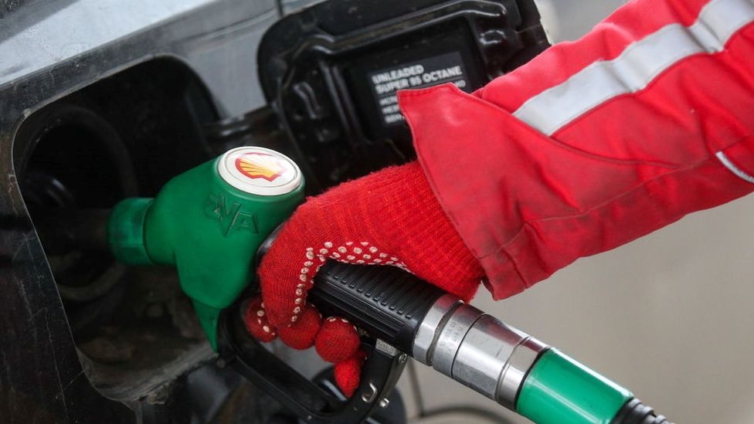Inflation could hit 40% by August 2022, if the current trend continues and policy makers fail to act decisively, Chief Finance Officer of the Valley View University, Dr. William Peprah has predicted.
He therefore wants the Bank of Ghana to increase its policy rate and reserve requirements for banks to reduce lending, whilst government also cut its expenditure to slow growth.
Dr. Peprah told Joy Business the rising inflation will worsen the cost of living of Ghanaians.
“In terms of the monetary side, inflation simply means we are spending more than we produce goods and services. So government may have to look at ways of reducing spending activities.”
“First, government must check it spending. When government does that the impact is that government will have to revise its growth rate set for 2022. So the 5.4% set must go down”, he explained.
He also stressed the need for the Bank of Ghana to quickly implement the contraction monetary policy.
“Central Bank as I have already mentioned must be thinking of bringing what we call the contraction monetary policy. That is one increasing monetary policy rate, so that we will control inflation rate and two also increase the reserve requirement for banks”.
“In that case, banks will be limited by giving more money or putting more money into the economy. In effect, we have to intentionally slowdown the growth to be able to curtail what we are seeing now”, he said.
“If not and if it goes like this, it will be getting to the 1998/1999/2000 period that inflation was around 40%. And if we do not take care, by August 2022, we will hit about 40% inflation rate”, he warned.
Government should institute fuel price control mechanism
Dr. Peprah also proposed a fuel pricing control mechanism because of its impact on transportation, food and other ancillary items.
“Government must first look at its fuel pricing control mechanism. I’m proposing that we may have to also think about price controls in terms of fuel pricing. Can government be able to come in a while like what it happened in December last year with mitigating measures. Because the pricing control mechanism will slow down the growth or the increasing rate of transportation.”
“So once we are able to control the transport sector, it will have a rippling effect on food, it will also have a rippling effect on the housing sector which also went up, water and electricity because all of these rely on fuel. If you look at it critical, government will have to come in with a price control mechanism for a while, because that is a measure of controlling inflation”, he added.
Latest Stories
-
Maame Samma Peprah takes over as Ag. Registrar of Companies, pledges teamwork and continuity
27 minutes -
King Charles meets Carney in symbolic support for Canada
39 minutes -
Police release new evidence in timeline of Gene Hackman and his wife’s death
52 minutes -
Netflix drama Adolescence hailed as ‘flawless’ TV
1 hour -
No novelty, NDC just changed funding route – Amin Adam on uncapping GETFund
1 hour -
Club apologises after minute’s silence held for ex-player who is still alive
1 hour -
This incident has awakened us, Mahama has taken interest – Health Minister on opioid seizure
2 hours -
Gov’t introduces or scraps tax based on times, this isn’t the first taxes removal – Amin Adam
2 hours -
Pharmaceutical Society of Ghana reschedules Pharma Excellence Awards to April 11, 2025
2 hours -
Scrapping of nuisance taxes poses risk to government’s revenue target – Deloitte
2 hours -
Ghana’s expected growth rate of 4% reasonable and achievable – Deloitte
3 hours -
World Cup 2026Q: Salisu, Kamaldeen lead early arrivals as Black Stars open camp
3 hours -
I expressed my reservations to GFA about decision to retain Otto Addo – Kofi Adams
3 hours -
Cedi’s losing streak continues; one dollar equals GH¢16.00
3 hours -
A progressive response to National Economic Dialogue 2025: Centering climate justice and a just energy transition
3 hours

